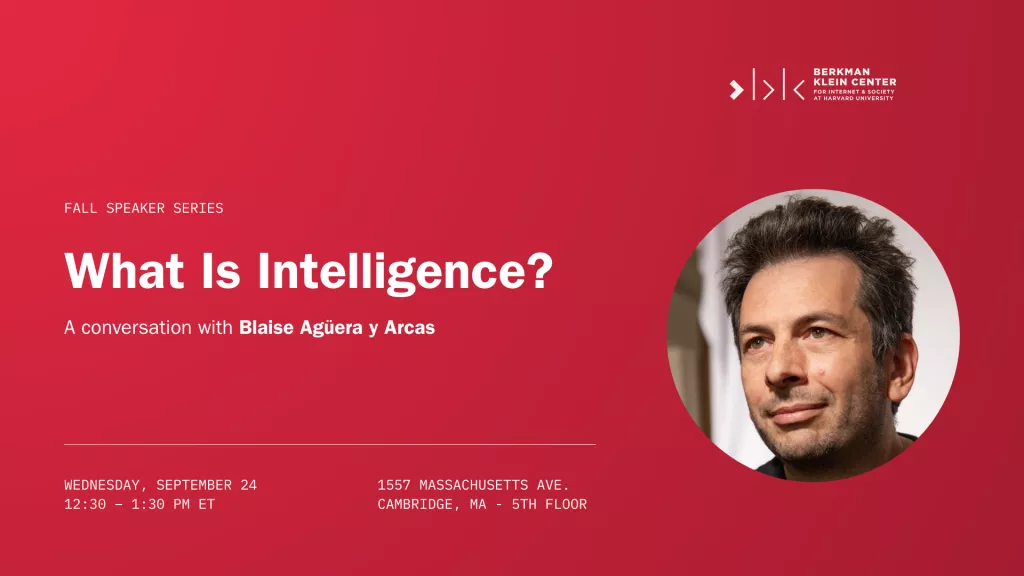“Life” and “intelligence” are terms with heavily contested meanings.
This discussion will offer a novel, unified perspective on both, as described in Blaise Agüera y Arcas’ new book, What Is Intelligence?: Lessons from AI About Evolution, Computing, and Minds (MIT Press and Antikythera, September 2025). We begin with the striking idea first put forward by John von Neumann around 1950: that general computation is at the heart of any living system.
Experiments in artificial life (ALife) have now allowed us to observe how life can emerge from randomness (abiogenesis), and suggest that “symbiogenesis” can play a central role in evolution. When computational entities enter into symbiotic relationships, they must model each other, and when they merge, “computational parallelism” enables them to become both more complex to model and more powerful as modelers.
Recent research from our group on multi-agent reinforcement learning sheds additional light on how this form of modeling results in greater cooperation, as opposed to the selfish dynamics of classical game theory. These cooperative dynamics can spark “intelligence explosions,” which are familiar to evolutionary neurobiologists who have explored the relationships between troop size and brain scaling among highly social animals.
Join us to learn how the evolution of life, the major evolutionary transitions (including the emergence of nervous systems and brains), intelligence explosions among highly intelligent species, and even the development of advanced technologies like AI, can be understood as stages in an ongoing process: computational symbiogenesis.
In this interactive event, your input will be essential to our conversation, so phones are encouraged!
Speaker
Blaise Agüera y Arcas is a VP and Fellow at Google, where he is the CTO of Technology & Society and founder of Paradigms of Intelligence (Pi). Pi is an organization working on fundamental research in AI and related fields, especially the foundations of neural computing, active inference, sociality, evolution, and Artificial Life.
Appendix:
(Meulemans et al., “Embedded Universal Predictive Intelligence: a coherent framework for learning in multi-agent systems”)

